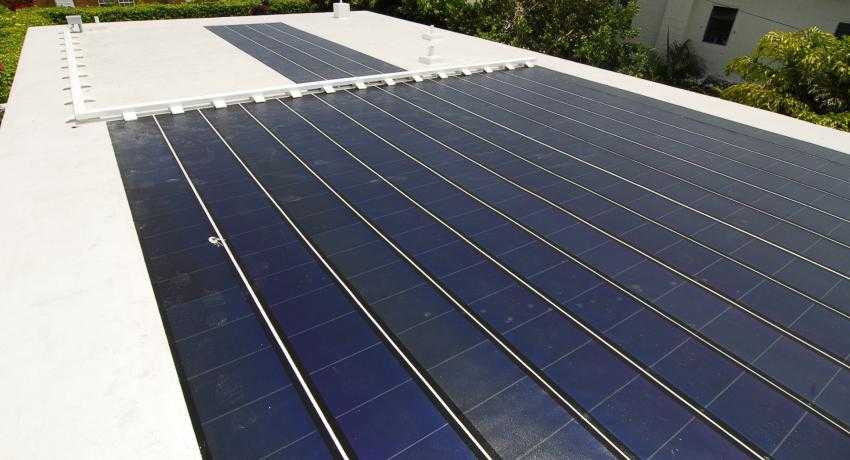What You Should Know About Flexible Solar Panels
The first image that comes to mind when you talk about solar panels is stiff, unsightly panels that give a mechanical, factory-like look to your rooftop.
But when you consider a thin film of solar cells, which is created by placing multiple wafer-thin films of PV material on a base made from glass, metal, plastic or substrate, the final result is a bendable, flexible panel that is much thinner than the traditional solar panels.
Flexible solar panels are also lighter in weight, which means your roof will need to support just a light-weight structure that does not need racks. Unlike the conventional flat panels, you can carry the flexible panels on the go. Their portability is one of their unique selling propositions.
Underlying Technology
Although in terms of appearance, flexible solar panels are significantly different from traditional panels, but in terms of function they are quite similar because they are based on the same PV technology. The PV cells use their ability to produce solar power directly from the sunlight that they absorb.
Unlike traditional solar panels, which are typically bulky and heavy because they serve the power requirements of homes and buildings, flexible solar panels are designed to serve relatively lower wattage needs. The capacity of these panels ranges usually between 50W and 300W, which can also be stored in a battery.
As a result, these portable solar panels can be easily used during long distance travel, camping trips, and for marine and boating equipment, and in RVs. You can even depend on them as your primary energy source if you are living off the grid.
Pros and Cons of Flexible Solar Panels
Pros
- Can be used with batteries as an energy bank
- Portage and light-weight
- Relatively more economical
- More versatile in usage because of the flexibility
Cons
- Limited capacity to generate and store power
- Longevity is lower than the traditional solar panels
Popular Applications
Thanks to their affordable cost and convenient portability, flexible solar panels can be ideally used for:
- RV trips – You will not need to carry a noisy and environmentally unfriendly generator with you for your power requirements during a long-distance trip.
- Camping adventures – Flexible solar panels are also known as “camping” solar panels as they serve as a useful power bank to power items in your tent. When you are not using it, you can simply roll and store them away.
- Yachting, fishing, boating trips – If you are seeking serenity in a pristine environment on your boating or fishing trip, you might prefer to use this reliable power bank in place of the noisy power generator.
- Everyday power backup – Are you off-grid or live in an area where power supply is intermittent? Are you frequently on the road, and worry about exhausting your phone battery? Set up a flexible solar panel atop your car or home to have an eco-friendly power backup.
Cost
When your energy needs are limited, you don’t need a large budget for your solar panels. Flexible solar panels are affordably priced in the range of $50 to $250 for a 100-watt panel, depending on the brand. The price will go up if you are looking for a higher-powered panel.




